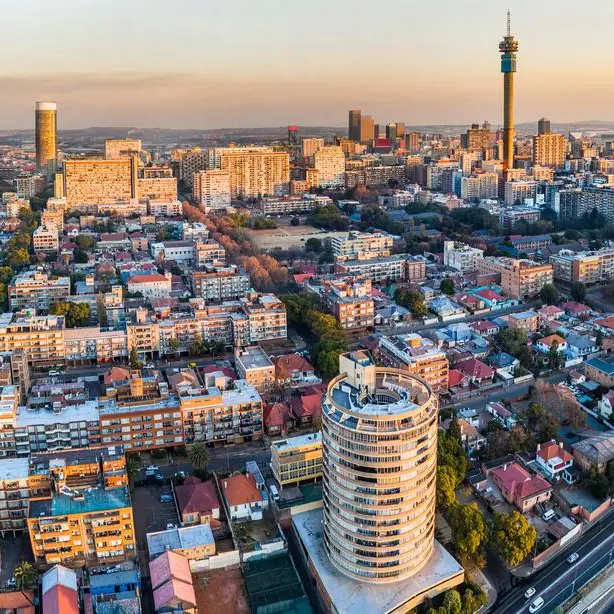PHOTO
THE acting executive secretary of National Universities Commission (NUC), Mr Chris Maiyaki has revealed that despite the presence of 149 private universities in Nigeria, the institutions could only cater for approximately 10 percent of the Nigerian university population.
He lamented that on an annual basis, over two million prospective individuals seek university admissions with the existing institutions while they are only able to accommodate between 500,000 and 700,000 candidates.
Maiyaki made this known when he received a delegation from the International Institute of On-line Education (IIOE), China, an affiliate institute linked with the United Nations Educational, Scientific and Cultural Organisation (UNESCO), led by Professor Jiansheng Liang.
The IIOE is a global collaborative initiative to strengthen the teacher’s competency for higher education institutes in developing countries and improves access to quality higher education resource.
He told the delegation that their visit to the NUC coincided with the period of significant expansion of the commission’s activities aimed at further increasing access to university education.
The acting executive secretary said Nigeria currently has a total of 274 universities, comprising 62 federal, 63 states and 149 private universities.
He, however, said that the country is currently facing significant problem of access as universities available could hardly cater for the demand for university education.
Maiyaki stressed on the need to address this gap, while reiterating the commitment of his commission towards facilitating the establishment of additional universities across Nigeria.
He said this strategic initiative was aimed at bolstering accessibility and meeting the escalating demands for tertiary education and drew attention of his visitors to the fact that despite the presence of 149 private universities, they could only cater for approximately 10 percent of the Nigerian university population.
Mr Maiyaki added that the developmental trajectory of these private institutions also required granting them time to mature and expand their capacity in order to effectively contribute to the educational landscape.
On the recent achievements of NUC, he highlighted the launch of the Core Curriculum Minimum Academic Standards (CCMAS) which is a collaborative effort involving the academia and industry stakeholders.
He recounted that the process commenced in 2018 and was finally launched in 2023, highlighting the importance of the curriculum in shaping the educational landscape.
On the roles of the commission in the Nigeria university system, the Mr Mayaki listed them to include: setting minimum academic standards, conduct of accreditation to academic programmes, resource verification for new programmes, inspection and monitoring of universities, formulating policies, and processing the licensing of the establishment of private universities.
He informed the IIOE’s Chinese delegation that the NUC had recently introduced guidelines on Transnational Education (TNE), encompassing six competitive models.
Speaking at the event, the leader of the Chinese team, Professor Liang, who spoke through an interpreter of UNESCO-ICHEZ consultant, Mr Roger Yanwen Jieo said the major mission of IIOE is to cultivate highly skilled and technically proficient talents; foster collaboration between the TVET sector and private sectors and recruit and train masters in technical and pedagogical fields.
Others include the conduct of applied research and development as well as implementation of effective community engagement initiatives and making of a pioneer of innovative development in global TVET sector.
Copyright © 2022 Nigerian Tribune Provided by SyndiGate Media Inc. (Syndigate.info).





















